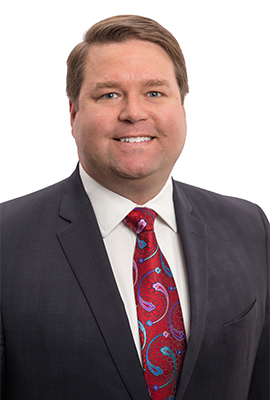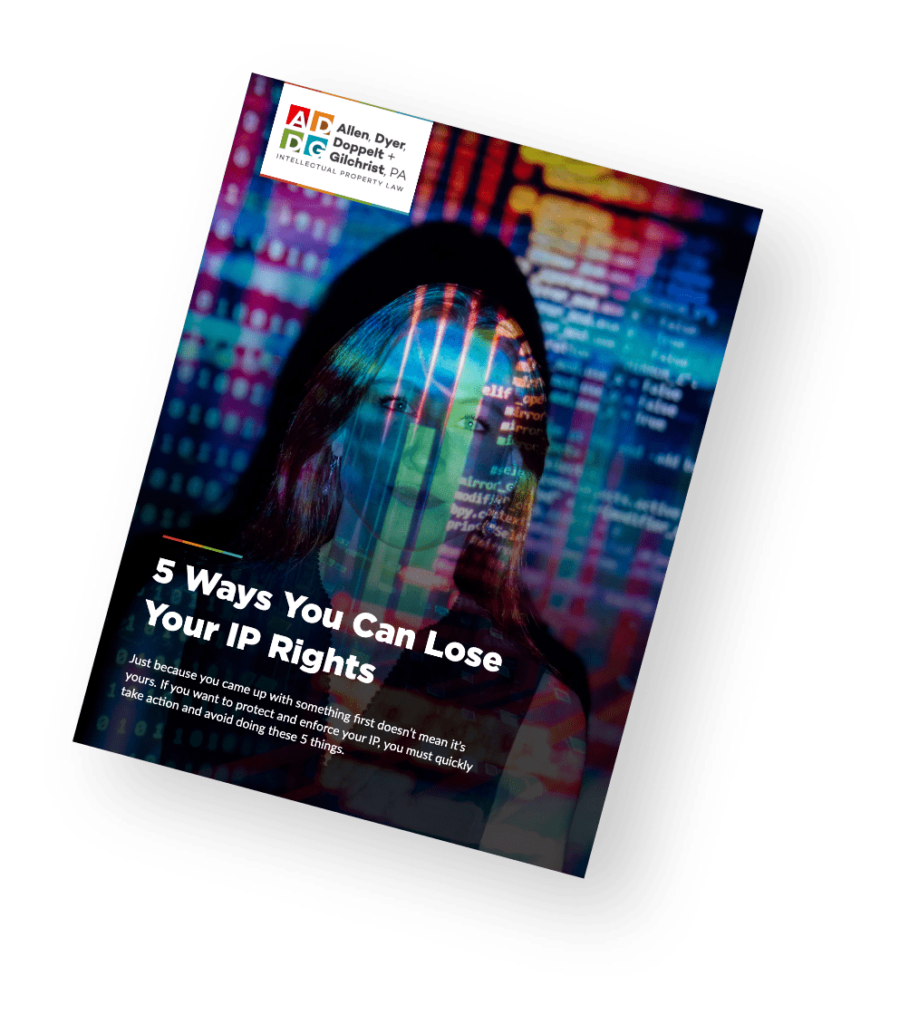
Florida Governor Ron DeSantis signed the Combating Corporate Espionage in Florida Act (“CCE”) into law on June 8, 2021 after the bill passed both the House and Senate without opposition. The CCE shall take effect on October 1, 2021. It was paired with a law requiring disclosure of any foreign grant larger than $50,000 made to a university or state agency. As such, commenters have expressed concern over potential tangential effects of the law. This includes risks to the collaborative culture of academia – as openness and sharing of information (including publishing of academic findings) may be called into question by the CCE in certain circumstances.
Regardless, the CCE will be controlling law starting in October and it is important for Florida employers to not only understand this new law, but how to protect their trade secrets and/or to prevent violation of the CCE (especially when hiring employees from competitors).
There are Two Separate Basis to Bring a Claim Under the CCE
The CCE offers employers a new weapon to protect their confidential, proprietary and trade secret related information (including associated electronic forms of this information, including via cloud storage):
First:
Any willful and unauthorized use, acquisition, or attempted use or acquisition performed with the intent to either (a) deprive the rightful owner of the trade secret’s benefit or (b) take the secret for the actor’s or another’s use is a violation of the CCE.
While this closely mirrors the Florida Uniform Trade Secret Act (FUTSA), a party can bring claims under not only under the FUTSA but also under the CCE (based upon the ability to recover restitution when a person steals or traffics a trade secret).
Moreover, such definition expands the previous definition of trade secret to include scientific, technical, or commercial information – “whether tangible or intangible, and regardless of whether or how it is stored, compiled, or memorialized physically, graphically, photographically, or in writing.” The foregoing is specifically drafted to address employer information maintained via cloud or related electronic means.
Second:
Any person who traffics, or attempts to traffic, a trade secret when the same person knew, or should have known, that what they were trafficking was obtained without authorization, is in violation of the CCE.
An owner whose trade secret is unlawfully used, as briefly described above, may work with an intellectual property litigation law firm to file a lawsuit to halt the continued wrongful use of their trade secret. Even if a court does not order the violator to cease use of the trade secret, the court can enforce a royalty payment.
Apart from a royalty payment (which is within the Court’s discretion), a Court will be required under the CCE to order any violators to pay restitution. Such restitution would include the amount of money invested by the rightful owner in research and development of the trade secret. Thus, such restitution would have no bearing on the amount of ill-gotten gain from the theft of trade secret, but rather the costs association with development of the underlying trade secret information.
Four Trade Secret Matters that Served as Inspiration for the New Act
- A University of Florida professor was indicted, following receipt of a $1.75 million grant from the National Institutes of Health to fund his research, for allegedly concealing his ties to a Chinese company he founded, in addition to other Chinese ties. This professor left to China in August 2019 and has remained there, with his company’s business purportedly built on the back of millions of U.S. government funded research.
- The President and CEO of Moffitt Cancer Center resigned after violating the Center’s conflict of interest rules in some work done in China. Four additional researchers for the Center were also implicated after the National Institutes of Health warned grant recipients that foreign nations were attempting to influence or compromise researchers.
- An MIT professor and director of MIT’s Micro/Nano Engineering Laboratory and its Solid-State Solar Thermal Energy Conversion Center was arrested as he allegedly received about $29 million in undisclosed foreign funding, while simultaneously receiving $19 million in funding from the U.S. government.
- A University of Florida professor that had worked for 24 years at the University was, at the same time, a vice president of a foreign university, a recipient of foreign state funding, and ran a foreign business without disclosing any of the above to the University. Several faculty members had left the university following an investigation.
What to Do As a Trade Secret Owner?
If you believe that an employee, former employee, and/or a third-party who had access to your company information – is attempting to traffic, has trafficked, or misappropriated your confidential, proprietary and/or trade secret information – work with our IP law firm today! At Allen, Dyer, Doppelt & Gilchrist, P.A, our team of experienced and nationally recognized Florida trade secret attorneys are available to meet with you in person at any one of our State-wide offices in Orlando, Winter Springs, Miami, or Jacksonville – or virtually from anywhere in the world.
Don’t take a chance with your company’s valuable information, contact us now.
About the Author
Robert H. Thornburg is a Shareholder and Registered Patent Attorney, managing the intellectual property firm’s Miami Office. Recognized yearly as a Top 100 Attorney in Miami (regardless of specialty) by Florida Super Lawyers as well as by Best Lawyers in America (since 2013), Robert has 18+ years of experience in litigating high stakes trade secret, patent, trademark, copyright and related technology matters in both Florida State and Federal Courts.

Share This



